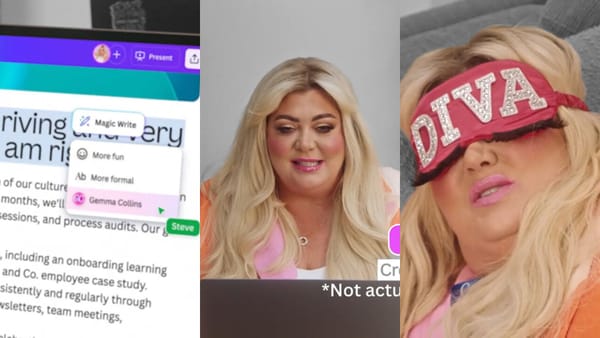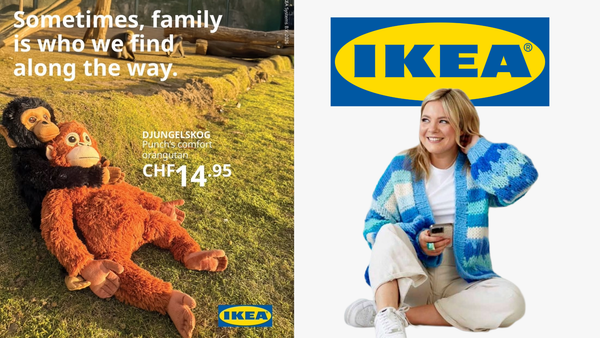Ultimately, the relationship between an influencer and their audience must take priority as without their audience an influencer is no longer influential. For this reason, influencers are becoming more selective with their branded content, opting for longer-term partnerships where a narrative can be built upon and the relationship is played out over time. The best relationships with influencers are built when the same principles are applied as per any other human relationship. Here are the five key values to build a strong and healthy influencer relationship:
Equality
A relationship is a two-way street and the outcomes should be mutually beneficial. Agencies and brands might think influencers want free products or money; however, time is equally, or perhaps even more, an important investment. Brands need to take the time to immerse the influencer in their world. For example, they may invite them to their HQ to get advice on an upcoming launch or show them behind the scenes at their research and development centre. Equally, getting to understand the influencer’s goals and how you can help them on their journey will help build a far stronger relationship in the long-term than simply a direct commercial one.Honesty
This is important. As influencer marketing budgets continue to grow, the calls to bring the industry practices into line with other digital marketing channels have been made loud and clear. Where influencers’ data was once superficial, influencers can now delve into the demographics of their audience and engagement rates. Not only should brand managers be granted access to this information, but they should also have the right to ask an influencer to disclose whether they have ever carried out any fraudulent practices like buying followers or engagements. Influencers can use tools like Q-83 to demonstrate full transparency. The platform allows influencers to demonstrate their true reach, mark notes on follower spikes, interrogate their accurate audience and engagement data and seamlessly share the information with potential and current brand partners. Having said that, I don’t believe that the onus is entirely on the influencer; brands and agencies need to create an environment where influencers feel that they can be 100% honest without immediately being punished for any past untoward activity. Many platforms will blacklist influencers the moment they spot an unnatural spike in followers with no questions asked, however, there are often legitimate reasons behind a follower spike.Equally, should someone be punished for once making a mistake a long time ago, that they can’t undo? What if they felt they could own up to that mistake, demonstrate that it was a one-off and show that they aren’t trading off fake followers?








